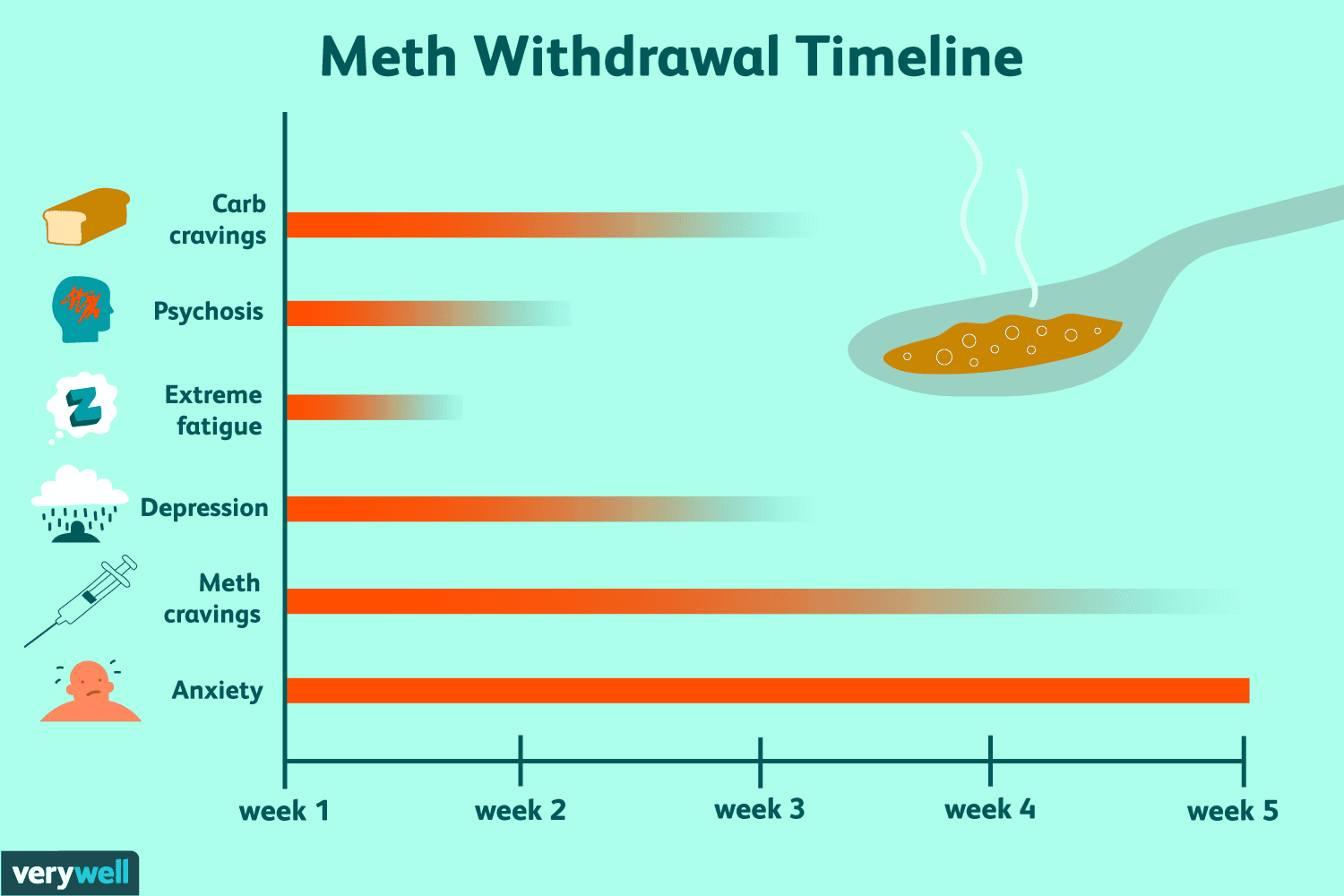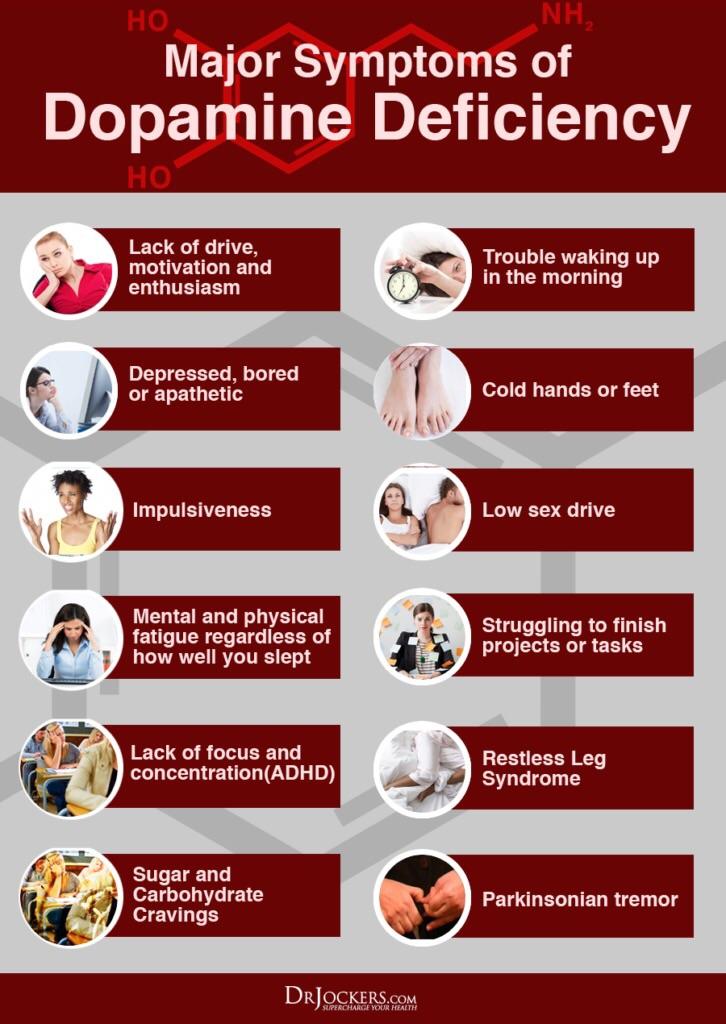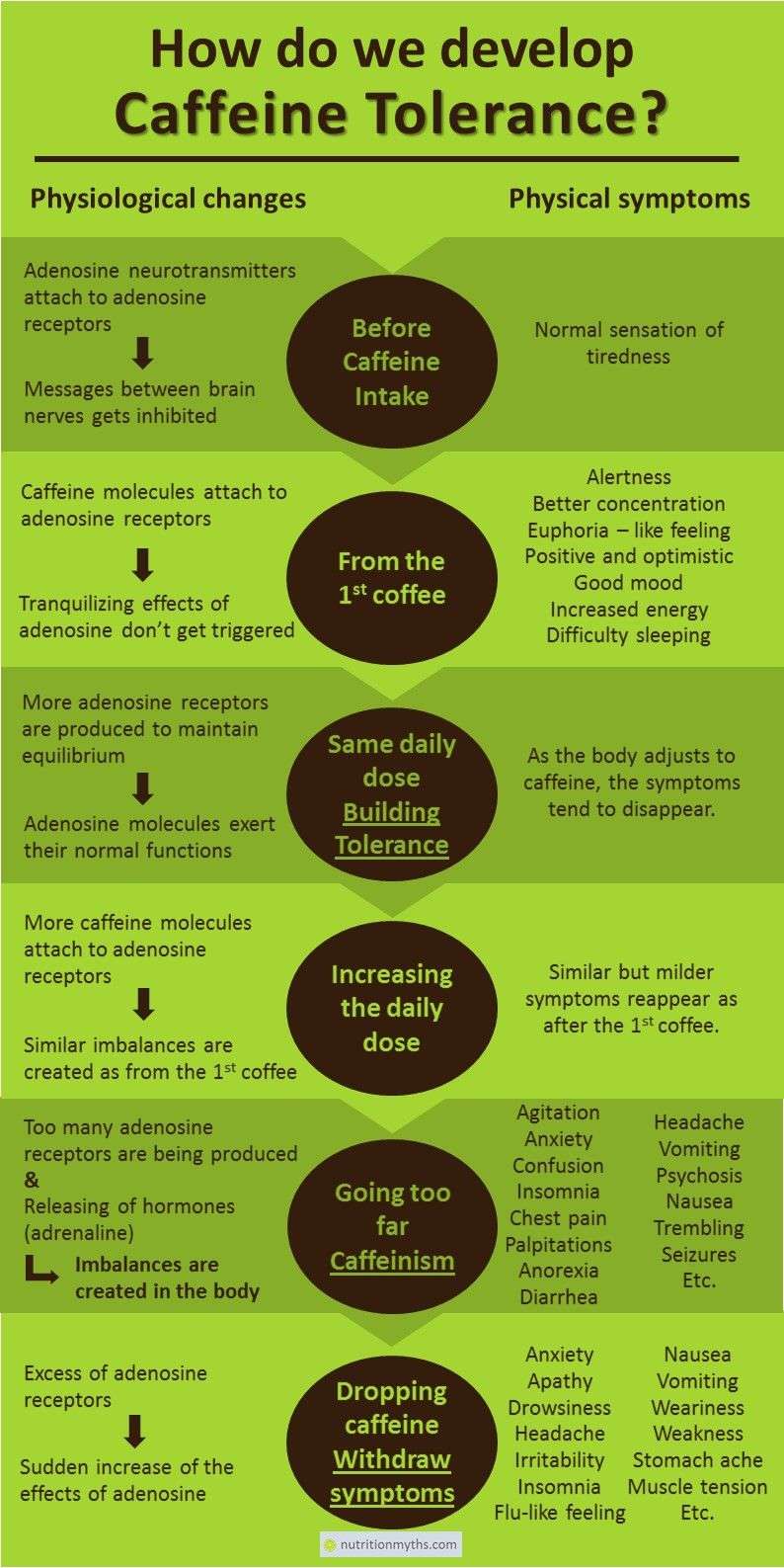What Is Caffeine Addiction
Caffeine is a Central Nervous System Stimulant that has the ability to enhance concentration, increase metabolism, and boost mood. Whether it comes from coffee, tea, energy drinks, or soda, many people feel like they need Caffeine in the morning to increase alertness and the motivation to work. More than 90% of adults regularly drink Caffeine in the United States, consuming an average of 200 mg of Caffeine per day the equivalent of two 6-ounce coffees or five 12-ounce cans of soft drinks. In most cases, drinking Caffeinated beverages is a relatively safe and non-harmful habit however, when the need for Caffeine crosses the line from a pleasant pick-me-up to a daily necessity, addiction is possible.
Affordable Online Therapy
Over 3 Million people have turned to BetterHelp for professional online therapy.Take the quiz and get matched with a therapist.
Paid Advertising. We may receive advertising fees if you follow links to the BetterHelp site.
- Access to Therapy 24/7
Paid Advertising. We may receive advertising fees if you follow links to the BetterHelp site.
When You’re Trapped In The Cycle Of Caffeine Addiction
Caffeine is the worlds most used drug and arguably, one of the most abused as well. 90% of American adults consume caffeine infused beverages almost daily.
So, what if you decided you have had enough and really want to escape the quicksand of caffeine addiction? Just stop drinking coffee or skip the energy drink, right? Not so fast. 88% of people that try to quit caffeine will fail. And then fail again. And Again. Failing an average of 2.7 times.
87% struggled to quit caffeine despite acknowledging they had physical or psychological problems caused by too much caffeine. So, you might want to quit caffeine, but caffeine wont quit you.
Can I Quit Caffeine Cold Turkey
Quitting caffeine cold turkey is the fastest way to cut out caffeine but it might not always be the best method. Quitting cold turkey might result in more severe caffeine withdrawal symptoms for a few days. If you want to try the cold turkey method, we suggest trying it over a weekend day or a planned vacation so your symptoms dont affect your ability to focus on your job and other planned activities.
Also Check: Can You Have Coffee On The Keto Diet
Timeline: What To Expect When You Quit Caffeine
What should you expect when you end your use of caffeine? Well, the severity and length of symptoms are determined by a few factors, like how much caffeine content you usually consume or even your genetics.
Typically, the more caffeine you have per day, the more intense your withdrawal will be. Thats bad news for many heavy coffee drinkers.
Heres a general timeline for what symptoms can happen as you go caffeine-free and when to expect them.
Reduce Caffeine Consumption Slowly

Going cold turkey can make symptoms more severe. Instead, try weaning yourself off by slowly cutting down the amount of caffeine you have each day over the course of several weeks. According to the American Migraine Foundation, you should reduce caffeine intake by 25% each week to avoid withdrawal symptoms.
You could have one shot of coffee in your latte instead of two, or switch one cup for a drink with less caffeine content, like green tea. Plus, if you find yourself craving the taste of coffee, try switching a cup or two to decaf.
However, you should seek medical advice if youâre worried about how cutting down on caffeine could affect you.
Don’t Miss: Where To Buy Wide Awake Coffee Pods
Caffeine Addiction Withdrawal: Wrap Up
Now that you know a bit more about caffeine withdrawal, you should be better prepared should you decide to quit caffeine.
Remember, the withdrawal symptoms are only temporary, so if you can make it past the first few days, you should be in the clear.
If youre looking for a caffeine substitute, check out Magic Mind!
Where Is A Caffeine Withdrawal Headache Located
A caffeine withdrawal headache can present as a feeling of pain and pressure that pushes outwards from the brain. Starting behind the eyes, it can move up to the front of the head. Caffeine withdrawal headaches can also present with migraine-like symptoms and as a widespread feeling of throbbing pain.
Recommended Reading: Where To Buy Coffee Beans To Roast
What Is Caffeine Withdrawal
Caffeine withdrawal occurs when someone who has been consuming caffeine regularly stops. Most people who regularly consume caffeinated beverages are familiar with at least some of these symptoms.
If you skip your morning coffee, you might start to feel some of these unpleasant effects just a few hours later. They can range from fairly mild to more severe, depending on your regular caffeine intake. Headaches are perhaps the single most common sign of withdrawal. Irritability and fatigue are also frequent. These negative symptoms then lead people to grab a caffeinated drink to find some relief.
Time Of Day And Precipitating Factors
Cluster headaches often awaken patients from a sound sleep and may occur at the same time each day in an individual person. Hypnic headaches usually begin after age 50 years and regularly awaken the patient at a particular time of night. Unlike cluster headaches, they are usually bilateral and not associated with autonomic phenomena . Migraine headaches can occur at any time but often begin in the morning. A headache of recent onset that disturbs sleep or is worse on waking may be caused by increased intracranial pressure. Tension-type headaches can be present during much of the day and are often more severe later in the day. Obstructive sleep apnea may be accompanied by the frequent occurrence of headache on awakening, as might medication overuse headache and headache due to caffeine withdrawal. If headache begins while the patient is asleep, it is impossible to tell whether the onset was gradual or abrupt.
D.P. Evatt, R.R. Griffiths, in, 2013
Read Also: Does Vanilla Bean Frappuccino From Starbucks Have Caffeine
How Long Does It Take To Feel Normal After Quitting Caffeine
It takes a couple of days to begin adjusting to lower levels of caffeine use. No serious withdrawal symptoms will occur if youre simply cutting back on your caffeine intake. But, according to some studies, caffeine is as addictive as nicotine, so its important to ween yourself off of it. Your brain and body will get used to lower levels of caffeine, over time. Its best to cut back as much as you can, as soon as you can..
How To Deal With Caffeine Withdrawal Symptoms
The best way to avoid caffeine withdrawal symptoms is to slowly reduce your intake instead of quitting cold turkey, recommends holistic psychiatrist Ellen Vora, M.D.
There are a couple of ways you can do this effectively. Selhub recommends taking away half a cup of caffeine every week for about six weeks. “You can replace regular coffee with decaf, but I recommend drinking more water,” she says.
If you’re comforted by sipping something warm, Vora recommends this method: “Turn a few cups a day into half-caf, then transition those to black tea…to green tea…to just a few sips.” Eventually, your caffeine intake will be so low, you should be able to quit altogether. From there, consider switching to herbal tea if you still want something warm to sip on.
One study shows exercise may help manage symptoms of caffeine withdrawal, as well. Selhub explains that exercise can increase dopamine and serotonin levels, which may have dropped with your caffeine decrease. Getting quality sleep and spending time in nature can have similar positive effects.
Selhub also recommends eating a balanced diet, full of antioxidants. “A little bit of dark chocolate might also help,” she says. Now that’s a recommendation we can get behind.
Also Check: What’s The Best Iced Coffee At Dunkin Donuts
What Do Caffeine Withdrawals Feel Like
The severity of symptoms vary from individual to individual, and most commonly include a headache, fatigue, decreased energy/activeness, decreased alertness, drowsiness, decreased contentedness, depressed mood, difficulty concentrating, irritability, and feeling foggy/not clearheaded.
What are the benefits of quitting caffeine?
- Break the Addiction. For most people, caffeine is an addictive substance to some degree, although some would describe it as even highly addictive.
- Financial Savings.
- Convenience.
Can you quit caffeine cold turkey?
Choose Your Method: Cold Turkey or Gradual Weaning The cold turkey method is the fastest way to quit caffeine. The downside is you may be out of commission for a few days while your body readjusts. Plan to start your first caffeine-free day on a weekend or holiday.
Can caffeine withdrawal make you feel sick?
Nausea and Vomiting Nausea and stomach upset are much more common caffeine withdrawal symptoms than vomiting, but both are recognized as possible symptoms. Nausea is that unpleasant sensation of queasiness or feeling as if you are about to vomit.
What Are Some Tips For Quitting Caffeine

Cut down slowly on the amount of caffeine in your diet. Dont make the mistake of stopping totally. Youll likely experience withdrawal symptoms and go back to drinking coffee or soda or taking a headache medication with caffeine in it to make the symptoms disappear. This starts the dependency cycle all over again. Avoiding the withdrawal symptoms is one of the most common reasons why people continue their caffeine habit.
To successfully reduce your caffeine intake, gradually reduce the amount of coffee, tea, soda and energy drinks you have each day. Begin to substitute cold caffeinated beverages with water. Water is a healthy choice and satisfies the need for drinking a liquid. Water also naturally flushes caffeine from your body and keeps you hydrated.
If you are a coffee drinker, gradually switch from regular coffee to decaf. First alternate between decaf and regular, then slowly change to more decaf and taper off regular coffee. Gradually reducing your caffeine consumption over a period of two to three weeks will help you successfully change your habit without causing withdrawal symptoms.
Don’t Miss: Where To Buy Bulletproof Coffee
Keep Scrolling Down To Read More Of My Posts
-> Im not sure why youre thinking about giving up caffeine. But if youre a Christian believer going through major life changes, I think youd love this. Loved Through Trials. Buy it here for only $1.99!)< –
How Caffeine Withdrawal Symptoms Happen
Caffeine is a psychoactive stimulant that decreases drowsiness by blocking adenosine receptors. Adenosine is a neurotransmitter connected to the bodys sleep-wake processes. By blocking the receptors, caffeine can allow a person to experience a temporary, improved feeling of wakefulness.
Caffeine also boosts other hormones and neurotransmitters like adrenaline and dopamine, and reduces blood flow to the brain.
The withdrawal symptoms happen as the brain works to adjust to functioning without caffeine. Fortunately, caffeine withdrawal does not last long and symptoms are considered to be relatively mild.
- mood changes
Also Check: What Is The Best Coffee Pods To Buy
How Long Symptoms Last
According to the American Academy of Sleep Medicine, caffeines half-life is up to 5 hours. Half-life is the amount of time it takes for a quantity of a substance to be reduced to half the original amount.
So if youve consumed 10 milligrams of caffeine, after 5 hours, youll still have 5 mg of caffeine in your body.
The effects from caffeine reach peak levels within 30 to 60 minutes of consumption. This is the time youre most likely to experience the jittery effects of caffeine.
You might also urinate more due to the liquid volume being ingested and caffeines mild diuretic effect.
The other half of caffeine that you consume can last much longer than 5 hours.
People with caffeine sensitivities might feel symptoms for several hours or even a few days after consumption.
Due to the long-term effects of caffeine, the American Academy of Sleep Medicine recommends that you dont consume it at least six hours before bedtime. So if you go to bed at 10:00 p.m., you should have your last round of caffeine no later than 4:00 p.m.
Does Cutting Out Caffeine Help Sleep
As we mentioned above, half of the caffeine you ingested earlier in a day can still be present in your system for six hours after having the caffeine drink. Depending on when you had your last caffeine drink, you might have caffeine levels in your system at bedtime that could affect your restful sleep.
You May Like: Does Caffeine Give You Migraines
How To Reduce Your Dependence On Caffeine
One way to avoid caffeine withdrawal headaches is to reduce your dependence on caffeine. However, you could end up with even more headaches if you go cold turkey.
The best way is to cut back slowly. You should aim to reduce your intake by about 25 percent each week.
For example, if you usually drink four cups of coffee a day, go down to three cups a day for the first week. Continue to cut back until you get down to one or no cups a day. If you crave the taste of coffee, switch to .
You may consider using a food diary to track how much caffeine youre getting. This will help you cut back on other sources of caffeine, such as black tea, soda, and chocolate. Switching to noncaffeinated alternatives, such as herbal tea, seltzer with fruit juice, and carob may help.
Most people can manage caffeine dependence or reduce their reliance without medical intervention.
You should make an appointment with your doctor if your headaches are accompanied by:
Do I Really Have To Give Up Caffeine
Unless youâre experiencing severe side effects or severe sleep disruptions â like insomnia â you may not actually have to give up your caffeine habit altogether. If youâre considering giving up caffeinated beverages because theyâre disrupting your sleep, there may be another way to make sure this doesnât happen. You just need to find out your caffeine cutoff time.
Your caffeine cutoff time is the time of day when you should have your last coffee â or anything else containing caffeine â to give your body enough time to break it down by bedtime. Caffeine can last in your system for 10 to 12 hours, so even if you have your last coffee for the day at 3 p.m., it may still keep you up past midnight. Weâve covered more about how long caffeine lasts here.
For most people, their caffeine cutoff time will be around noon, though for night owls it may be a little later at around 2 p.m. However, the exact timing of it is unique to you, and it can even change each day.
Thatâs because itâs dependent on your circadian rhythm, which dictates your ideal bedtime and is affected by everything from light to meal times to how long you slept the night before. The RISE app takes the guesswork out of it by predicting your circadian rhythm each day based on things like your phone use behavior and inferred light exposure.
You May Like: Does Wendy’s Have Coffee
The Science Of Withdrawal
Having A Negative Mood

Caffeine withdrawal can also cause feelings of depression because caffeine affects the levels of dopamine and serotonin in your brain, which are neurotransmitters that regulate mood.
When caffeine levels drop, the levels of dopamine and serotonin in your brain also drop, which can lead to feelings of depression or mood disturbances.
Don’t Miss: Does Starbucks Caramel Macchiato Have Caffeine
How Caffeine Affects The Brain
Caffeine is addictive because of the way that the drug affects the human brain and produces the alert feeling that people crave. Soon after Caffeine is consumed, its absorbed through the small intestine and dissolved into the bloodstream. Because the chemical is both water and fat-soluble, its able to penetrate the blood-brain barrier and enter the brain.
Structurally, Caffeine closely resembles a molecule called adenosine thats naturally present in the brain. Caffeine resembles the molecule so much that it can fit neatly into the brain cells receptors for adenosine, effectively blocking them off. Normally, the adenosine produced over time locks into these receptors and produces a feeling of tiredness. When Caffeine molecules are blocking those receptors, they prevent this from occurring a sense of alertness and energy is experienced until the caffeine is metabolized. Additionally, some of the brains own natural Stimulants are released such as dopamine and work more effectively when the adenosine receptors are blocked. The surplus of adenosine cues the adrenal glands to secrete adrenaline, another Stimulant, and this further increases alertness and reduces feelings of tiredness.
What Food And Drinks Contain Caffeine
Caffeine is a natural substance found in a variety of plants, including coffee and cocoa beans, and tea leaves.
There are also artificial forms of caffeine that are commonly added to sodas and energy drinks.
Try to avoid these foods and drinks, which often contain caffeine, within six hours of your anticipated bedtime:
- black and green tea
- soft drinks
- certain over-the-counter medications that contain caffeine, such as Excedrin
Recommended Reading: Do Caffeine Pills Help You Lose Weight